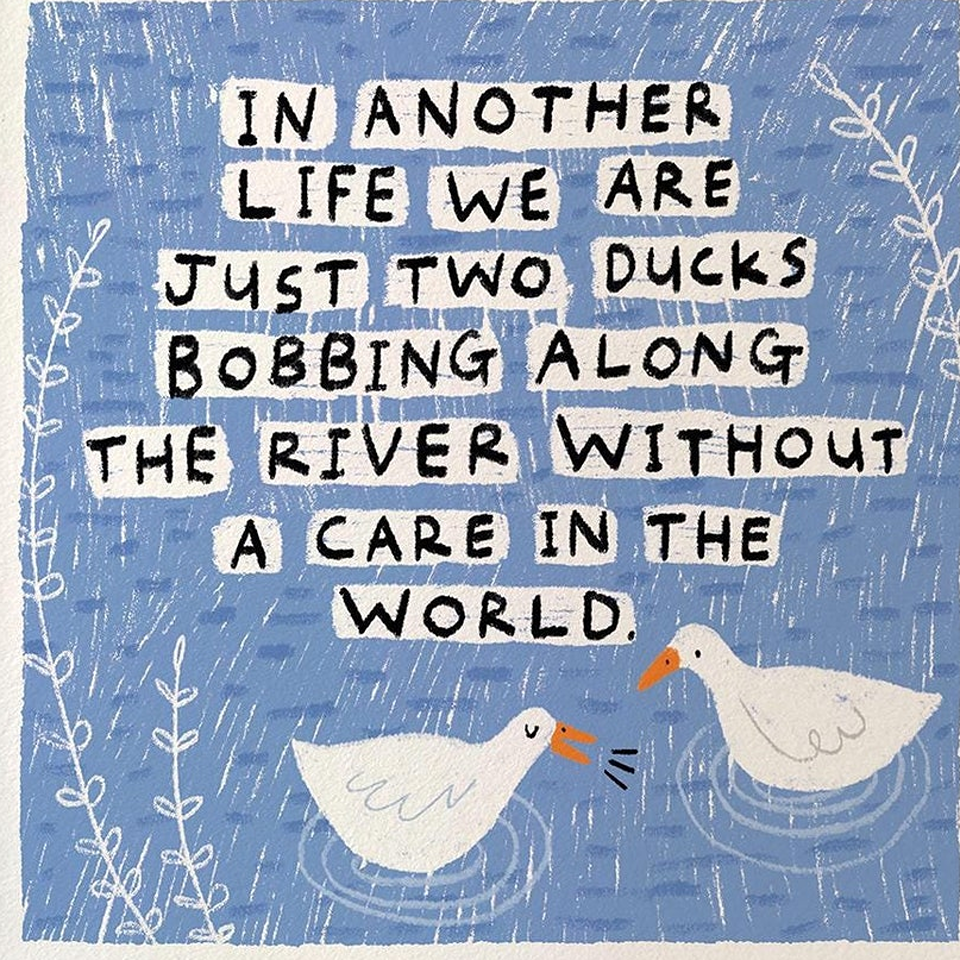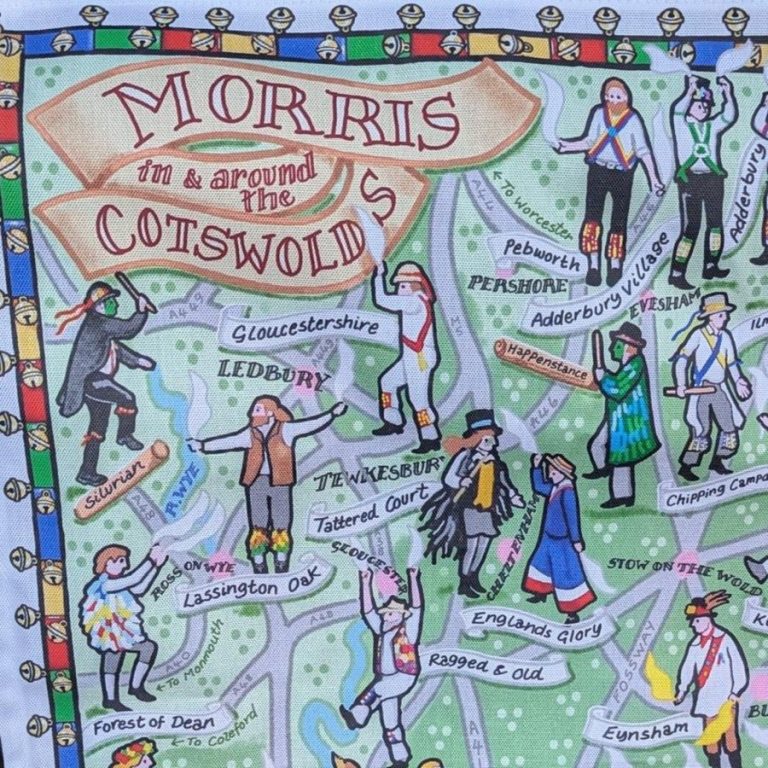
He promised he had your back, then denied the conversation when things got messy. A small lie turned into a fracture, and soon trust slipped away. Many of us carry a story like this, a friendship chipped thin by dishonesty until it finally broke.
There is a better way. When you choose to engage only with friends who tell the truth, your life grows quieter, kinder, and more stable. Honest friends say the thing that needs saying, not the thing that keeps the peace for a day. They catch you before you trip, and they mean what they promise.
The Key Benefits of Truthful Friends
Truthful friends remove guesswork. You know where you stand, which frees your mind to focus on real life. Emotional support feels solid because you can rely on the words you hear. When a friend says, take the job, you can trust that they mean it, and that they weighed your interests, not their convenience.
Trust builds when truth is normal. You do not need to scan for hidden meanings or read between lines. This lowers stress, because uncertainty is tiring. Even when feedback stings, it limits bigger pain later. Think of the friend who tells you a flat is overpriced before you sign the lease, or who points out a partner’s red flags you wanted to ignore. Their honesty helps you avoid costly mistakes.
There is also a health angle. Research on social connection links truthful, supportive ties to better mental well-being. In plain terms, strong, honest relationships often mean less anxiety, better mood, and more resilience during hard times. When your circle speaks plainly, your nervous system rests. You sleep better. You worry less about being blindsided.
Honesty also fuels growth. Straightforward feedback helps you improve choices and habits. A friend who says, your tone in meetings hurts your point, gives you a chance to adjust and progress. Over time, honest conversations shape stronger judgement and a more confident self.
How Truthful Friends Boost Confidence and Well-Being
Honest encouragement beats empty praise. When a friend names your strengths and your blind spots, you gain a clear map of yourself. You can walk with certainty.
Picture a career crossroad. You want to switch fields, but fear lingers. A truthful friend says, your portfolio is thin, build three case studies, then apply. You act, and the plan works. Confidence rises because facts, not flattery, guided you. Anxiety drops because you trust the advice and the adviser.
Lasting Trust That Strengthens All Relationships
Truth sets the stage for deep bonds that endure. When someone proves honest over time, you share more, and you feel safe doing so. You can tell them a personal secret and know it will not travel.
This trust spills into other areas. You set clearer boundaries at home. You communicate better at work. Conflicts shrink, because you and your friends deal in facts and fair intent. Fewer misunderstandings means fewer flare-ups and faster repairs.
Signs to Spot Friends Who Value Honesty

Honesty leaves a trail. You can see it in patterns, not speeches. Look at how someone behaves when the truth costs them comfort.
- Consistent words and actions: They say they will arrive at seven, and they appear at seven. When delays happen, they update you early, not after the fact.
- Willingness to name hard truths: They do not avoid tough chats. If your spending worries them, they say so kindly, and with care for your dignity.
- Calm under pressure: Stress does not turn them slippery. Even when stakes are high, they keep to the facts.
- Respect for confidentiality: They do not share your stories for a laugh or social points. Your trust stays where you placed it.
- No need for a perfect image: They admit faults without drama. They prefer accuracy to appearing flawless.
- Clear boundaries: They do not agree to things they cannot deliver. You hear a clean yes or no, not a vague maybe.
Contrast that with subtle signs of dishonesty. Shifts in stories after small challenges. Jokes used to dodge serious topics. Promises that come with convenient memory loss. Warm words followed by cold behaviour. If you spot these patterns, take note.
Use simple questions to reflect:
- Do they avoid tough conversations you have asked to have?
- Do they change details when you ask basic follow-ups?
- Do you feel you must decode their messages?
- Do they seek praise more than accuracy?
- Do you feel tense before sharing news, in case it becomes gossip?
They Keep Their Promises and Actions Align with Words
Reliable friends follow through without fanfare. If they offer help moving house, they show up on time with boxes and tape. When plans change, they tell you early and suggest a fix. This steady rhythm signals care and truthfulness. Over time, it builds quiet confidence in the friendship, because reality matches the claim.
Honest Friends Own Up to Mistakes Without Excuses
Mistakes are human. Honest friends admit them fast, and they repair the crack. Picture a missed birthday. Instead of a long tale, they say, I forgot, I am sorry, can I take you to dinner this week? That clean response shows respect. It also teaches both of you that problems can be solved without spin.
Cultivate Friendships Grounded in Truth

You can shape a circle that values honesty. It takes intention and small daily acts. Start by living the standard you want to see, then invite others to join you.
- Clarify your values: Write a short list of what honesty looks like to you. Keep it concrete, such as no gossip, clear yes or no, timely updates.
- Set boundaries early: Say what you accept and what you do not. Boundaries are a kindness, because they prevent confusion.
- Model the behaviour: Tell the truth with care. Keep confidences. Admit mistakes fast, and make repairs.
- Invite honest talk: Ask for direct feedback on shared plans and personal choices. Thank people when they give it.
- Use simple, kind language: Honesty should be clear, not sharp. Choose words that respect the person and address the issue.
- Address small slips: Do not let minor lies slide. Name them gently, and ask for a reset.
- Reduce time with people who keep breaking trust. Do it politely, without drama.
- Build rituals for connection: Regular chats, shared projects, and honest check-ins help truth feel normal.
- Choose settings that support openness: Quiet coffee shops, walks, or phone calls can make hard talks easier.
- Protect your peace: If a pattern does not change, step back. Your well-being comes first.
Set Clear Expectations for Honesty from the Start
Tell new friends what you value in a friendly way. Try, I care about plain talk and keeping promises. If something is off, I would rather we say it early. This is not a test, just how I try to live. Clear expectations filter for people who share your approach and save you from future strain.
Nurture Bonds by Sharing Openly and Listening Well
Truth grows in safe soil. Keep regular check-ins, ask real questions, and listen without jumping to fix. A weekly chat, even brief, keeps small worries from swelling. Share your own updates candidly. If you spot a white lie, name it kindly before it becomes a habit. These small acts keep the bond clean.






